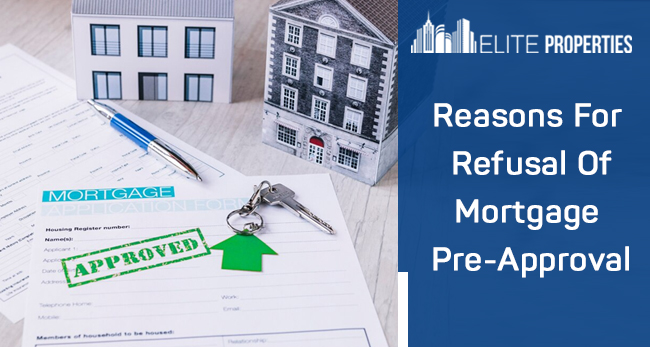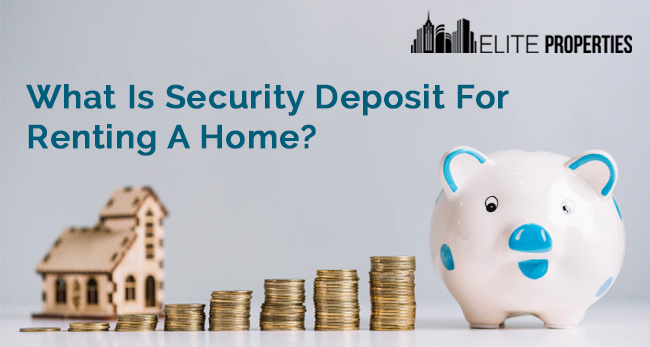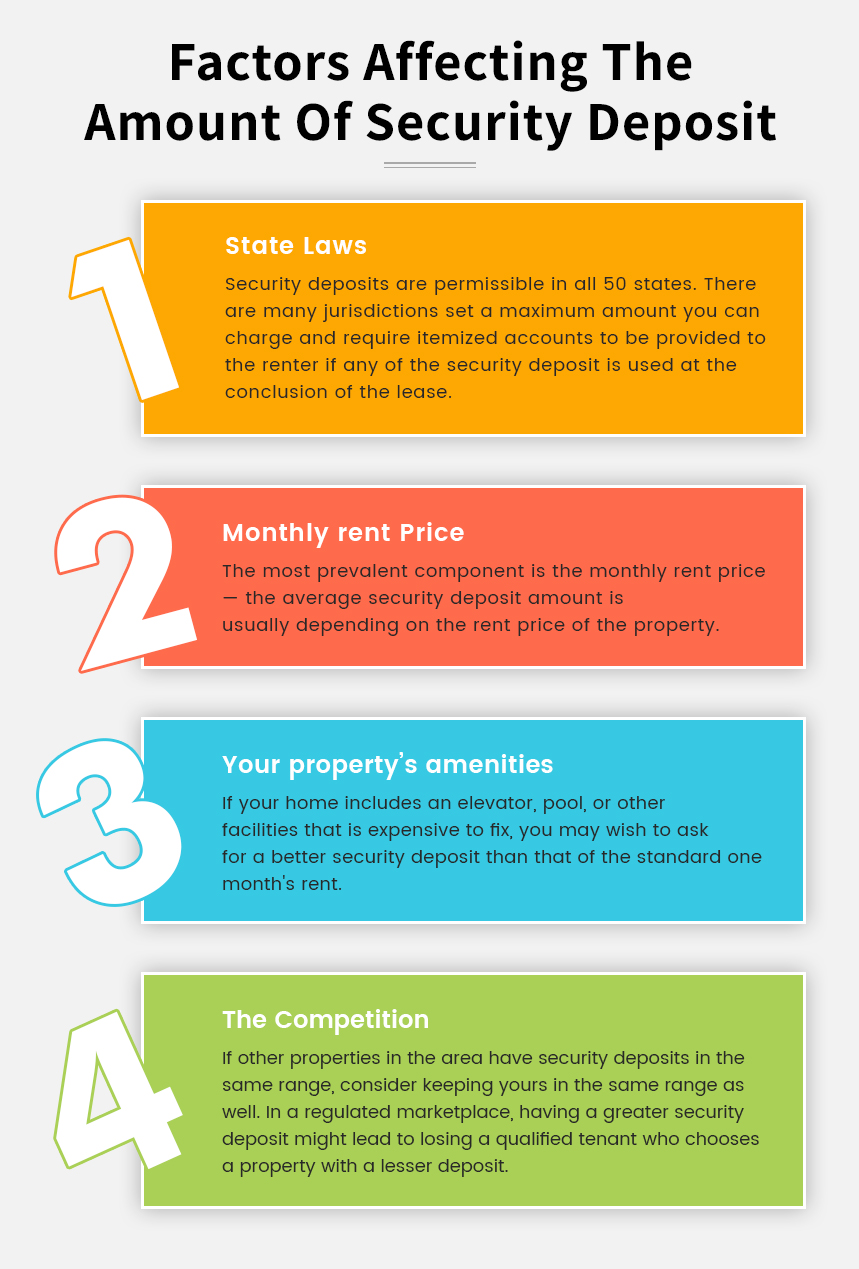The housing market is ever–evolving and constantly fluctuating. As 2023 has drawn to a close and 2024 unfolds, the real estate market appears to be exhibiting signs of vulnerability. There are a lot of real estate predictions and trends that will be witnessed in the coming year. The past decade had multiple changes in retrospect with the laws, technology, and economy. We’ll have a detailed look at what part of the demography will be affected the most. Questions like what chunk will fall to home buyers and sellers? Will the market favor mortgage rates or not? What will be the Real Estate Predictions in 2024? All these queries will be countered as we read further.
Factors Influencing The Housing Market In 2024
The housing market is influenced by a multitude of factors, and in 2024, several key elements will play a significant role in shaping its landscape.
- One such factor is the state of the economy. Economic conditions, such as GDP growth, inflation rates, and employment levels, have a direct impact on the housing market. A strong economy usually leads to increased demand for housing, while a weak economy can dampen demand and suppress prices.
- Another crucial factor is interest rates. The Federal Reserve’s monetary policy and the overall state of the financial markets determine mortgage rates. In 2024, interest rates are expected to rise gradually, affecting the affordability of homes.
- Furthermore, government policies related to housing and finance will shape the market in 2024. Changes in mortgage regulations, tax incentives, and housing programs can have a significant impact on both buyers and sellers.
Predictions And Forecasts For The Housing Market In 2024
Predicting the future of the housing market is a complex task, but experts have made certain forecasts for 2024.
- One prediction is that the demand for housing will continue to outpace supply, leading to rising prices in many areas. Factors such as population growth, urbanization, and limited land availability contribute to this trend.
- As housing affordability continues to be a concern for many, developers and builders are likely to focus on constructing smaller, more affordable homes. This trend is driven by the increasing number of first-time homebuyers and the desire for homeownership among younger generations.
- Another prediction is the rise of smart homes and sustainable housing. With advancements in technology, homes are becoming more connected and energy-efficient. In 2024, buyers will likely prioritize eco-friendly features and smart home systems when searching for properties.
Check this Prediction by Experts Before Investing In Real Estate
1. Home Sales to rise Gradually
The very first prediction by real estate gurus has been stated about the gradual growth of home sales. It is predicted that home sales nationwide might touch around 4.6 million by year-end and rise by 12.1 percent higher from 2023.
This modest growth is attributed to several factors, including:
- Falling mortgage rates: Anticipation of lower borrowing costs is expected to entice buyers back into the market, stimulating demand.
- Limited inventory: While more homes are expected to come on the market, overall supply will likely remain tight, contributing to a competitive environment.
- Pent-up demand: Younger generations continue to show strong interest in homeownership, creating a pool of potential buyers waiting for more favorable conditions.
- Market stabilization: After a turbulent 2023, the market is expected to settle into a more balanced state, fostering increased buyer confidence.
2. Managing Inventory Will Be a Challenge
As home sales are going to rise gradually, the upkeep of inventory will face challenges too. If there would be a high demand for home sales across the nation then inventories in 2024 would be made more available. The housing market has been facing a lack of home sales since the year 2015 due to which there are few to nothing number of homes for sale, which is making it difficult to cope with the demands of home buyers. Although, there is an understatement that home inventories might escalate in Nashville, Seattle, and San Jose.
3. Mortgage Rates Can Be a Debatable Talk
The year 2024 will definitely raise talks as far as mortgage rates are concerned. While some experts predict they may stay stagnant, other believe there could be a rise at steeper rates. According to Freddie Mac, there won’t be any major increase in the mortgage rates. As predicted in the year 2019 the rate for the 30-year fixed rate will be 3.7% and for the year 2024, it may rise by 3.8%, while the 15-year fixed-rate rate will be 4.4%. However, the 2024 might offer a relative stability after the turbulent climb of 2023. This might provide a potential reprieve for the homebuyers.
4. Refinancing Will Be a Continuous Affair
The 2023 saw a drastic rise in the mortgage rate as compared to the 2019. The rates are climbing significantly above 4%, as a result home prices are continued to rise since then. In 2023 the trend remains strong, with people capitalizing on still-favourable rates to lower their monthly payments and access increasing equity. According to the Mortgage Bankers Association, showed continued rise in the ‘Refinance Index’ even after the rate hike. In 2019 there were 134% increase in index, and 2023 show a significant rise indicating persistent demand for refinancing opportunities.
Looking ahead, the MBA’s Real Estate Predictions foresee a slight dip in single family refinance market, with the bar of total volume projected to land between 760 billion and 780 billion dollars in 2024. This results in decrease in peak of 789 billion dollar in 2023. This suggests a potential moderation in refinancing but sustained high level compared to pre-pandemin times.
Real Estate Prediction For Trends That Will Take Place In 2024
1. Tech Updated Real Estate Market
In 2024, the real estate industry has seen significant changes in the impact of iBuyers, VR, and AI. These tech-driven trends have matured and become more focused, reshaping the market in new ways.
Online selling: One major development is the rise of online selling. What was once a budding trend has now become mainstream, with online real estate transactions taking center stage. Platforms have optimized the entire process, offering virtual tours and secure closings, making it an attractive option for both buyers and sellers. In fact, the online share of the market has nearly doubled compared to 2023, reaching as high as 70% in certain regions.
AI-powered planning: It has also evolved in 2024. While AI tools were initially used for efficiency, they now have expanded applications. Sustainability analysis, community development, and personalized home design are just a few examples of how AI is being utilized. This shift demonstrates a move from pure automation to data-driven decision-making.
Virtual reality: It has also seen advancements beyond home tours. Architects now use VR for collaborative design sessions with clients, allowing them to fully experience their future homes in an immersive manner. This leads to greater satisfaction and fewer surprises after construction. VR has come a long way from basic virtual tours in previous years.
Overall, the real estate market in 2024 is maturing and multifaceted, driven by technology. Online platforms are no longer a novelty, AI is expanding its capabilities, and VR is pushing the boundaries of design collaboration.
2. Millennials Remain To Be the Major Chunk of Home Buyers
In the year 2024, Millennials maintain their stronghold as the reigning champions of the housing market, firmly holding onto their title as the largest group of buyers with an estimated share of 42%. This slight increase compared to 2023 further solidifies their position of power, showcasing their continued dominance.
Renowned for their tech-savviness and often referred to as the “smart investors,” this generation continues to shape market trends and influence the ever-changing landscape of mortgages. Their remarkable presence, accounting for a staggering 45% of the overall distribution of home buyers in 2023, surpasses all other generations by a significant margin.
This stands in stark contrast to 2019 when Gen Xers held the top spot with 37% and Millennials trailed behind at 35%. Baby Boomers, who once held a commanding position, now represent a diminishing 15% of the market share.
3. Offering Multiple Amenities to Gain Buyers
The competition for amenities that dominated the latter half of 2019 has now escalated into a full-blown sprint in 2024.
Smart homes, once seen as a novelty, have become commonplace, and the standards for “basic” amenities have soared compared to 2023. Parking spaces, gyms, and pool access are now just the bare minimum – today’s buyers and tenants expect top-tier features like co-working spaces, rooftop gardens, and concierge services. Real estate investors have taken notice of this shift, and new developments are increasingly showcasing high-tech perks and sustainability-focused amenities such as solar panels and electric car charging stations. While these features were still highly valued by buyers in 2023, they were often deal-breakers rather than baseline expectations.
In 2024, the line between what is considered a “nice-to-have” and a “must-have” has become blurred, with amenities playing a pivotal role in attracting both tenants and buyers in an intensely competitive market.
Strategies For Navigating The Housing Market In 2024
Navigating the housing market in 2024 will require careful planning and strategy.
- One important step is to keep a close eye on market conditions and trends. Staying informed about changes in interest rates, housing policies, and local market dynamics will help buyers and sellers make informed decisions.
- For buyers, it is crucial to determine their budget and financing options before starting the home search. With rising prices and potential interest rate hikes, buyers should secure pre-approval for a mortgage and evaluate their financial readiness.
- Sellers, on the other hand, should consider preparing their homes for sale to attract potential buyers. This may involve making necessary repairs, staging the property, and enhancing curb appeal. Pricing the home competitively and marketing it effectively will also be key to attracting buyers in a competitive market.
Investing In The Housing Market In 2024
Investing in the housing market can be a lucrative opportunity in 2024, but it requires careful consideration and research.
- One investment strategy to consider is purchasing rental properties. With the growing demand for affordable housing, rental properties can provide a steady stream of income. However, it is important to assess the local rental market, vacancy rates, and potential rental income before making an investment.
- Another investment option is real estate investment trusts (REITs). REITs allow individuals to invest in a diversified portfolio of properties without the need for direct ownership. This investment vehicle provides the opportunity to earn passive income and benefit from potential appreciation in property values.
- Lastly, individuals can consider investing in emerging markets or up-and-coming neighborhoods. These areas may offer more affordable properties with the potential for future growth.
Challenges And Opportunities In The Housing Market In 2024
- One challenge is the potential for rising interest rates, which can impact affordability for buyers. Higher mortgage rates may limit the purchasing power of some individuals, making it more difficult to enter the market.
- Another challenge is the limited supply of housing in certain areas. The demand for housing continues to outpace supply, leading to rising prices and increased competition among buyers.
- Despite these challenges, there are also opportunities in the housing market. For sellers, rising prices mean the potential for higher profits. Additionally, the demand for sustainable and eco-friendly properties presents opportunities for developers and builders to meet this growing market demand.
Guide To Sell Your House Fast In 2024
We will see in the coming year, home selling still becomes tough most of the time. Finding the right buyer might possibly take a toll on your head. It’ll make the home selling process difficult and time-consuming. Hence, we have a guide that helps you sell your house in 2024 without any glitches.
You can opt for the traditional home selling process but we’d suggest you not do so. Selling your property with cash buying companies will help in a faster and more efficient sale. Elite Properties is one such cash-buying company that buys homes without the hassles of getting into paperwork. The company will buy your house for cash which means they offer hard cash; also the company offers a ‘sell house as-is’ service and additionally proposes a no-obligation offer.
Conclusion
As we look ahead to 2024, it is crucial for both buyers and sellers to be well-informed about the trends and factors that will shape the housing market. Technological advancements, changing demographics, and market conditions will all play a significant role in determining the direction of the market.
Buyers should carefully evaluate their financial readiness and stay informed about market conditions to make informed decisions. Sellers should focus on preparing their homes for sale and pricing them competitively to attract potential buyers. Investors should consider rental properties and REITs as potential investment opportunities.
By staying informed and adapting to emerging trends, individuals can navigate the housing market in 2024 with confidence.
Elite properties will buy houses in any condition with Fair Market Value of your house which means there’s only profit and no loss. So call us right away at 718-977-5462 or visit us at Elite Properties and rest assured home buying or selling is as easy as snapping fingers.










